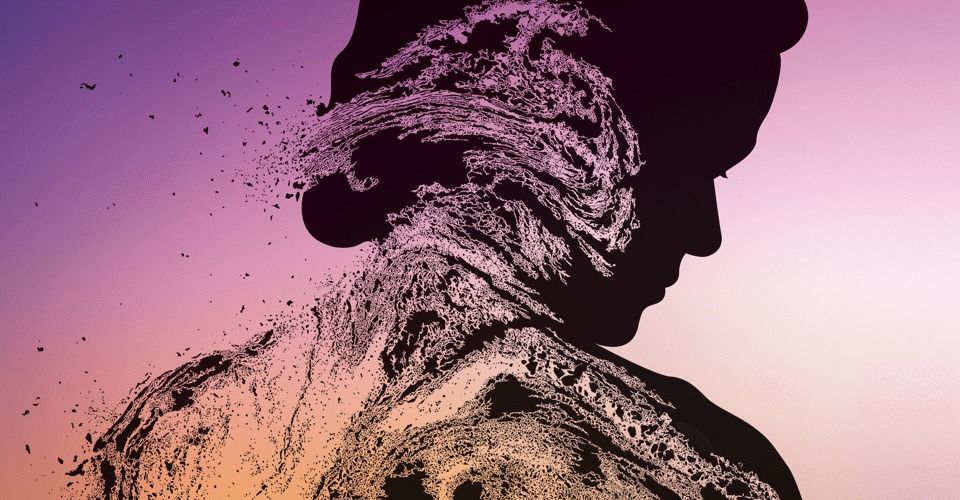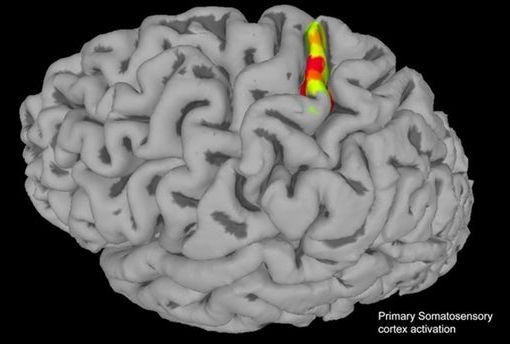
It’s time to rethink the quest to control aging, death, and disease—and the fear of mortality that fuels it.
I went to medical school, at least in part, to get to know death and perhaps to make my peace with it. So did many of my doctor friends, as I would find out. One day—usually when you’re young, though sometimes later—the thought hits you: You really are going to die. That moment is shocking, frightening, terrible. You try to pretend it hasn’t happened (it’s only a thought, after all), and you go about your business, worrying about this or that, until the day you put your hand to your neck—in the shower, say—and … What is that? Those hard lumps that you know, at first touch, should not be there? But there they are, and they mean death. Your death, and you can’t pretend anymore.
I never wanted to be surprised that way, and I thought that if I became a doctor and saw a lot of death, I might get used to it; it wouldn’t surprise me, and I could learn to live with it. My strategy worked pretty well. Over the decades, from all my patients, I learned that I would be well until I got sick and that although I could do some things to delay the inevitable a bit, whatever control I had was limited. I learned that I had to live as if I would die tomorrow and at the same time as if I would live forever. Meanwhile, I watched as what had been called “medical care”—that is, treating the sick—turned into “health care,” keeping people healthy, at an ever-rising cost.
Continue reading “Your Body Is a Teeming Battleground” »


















